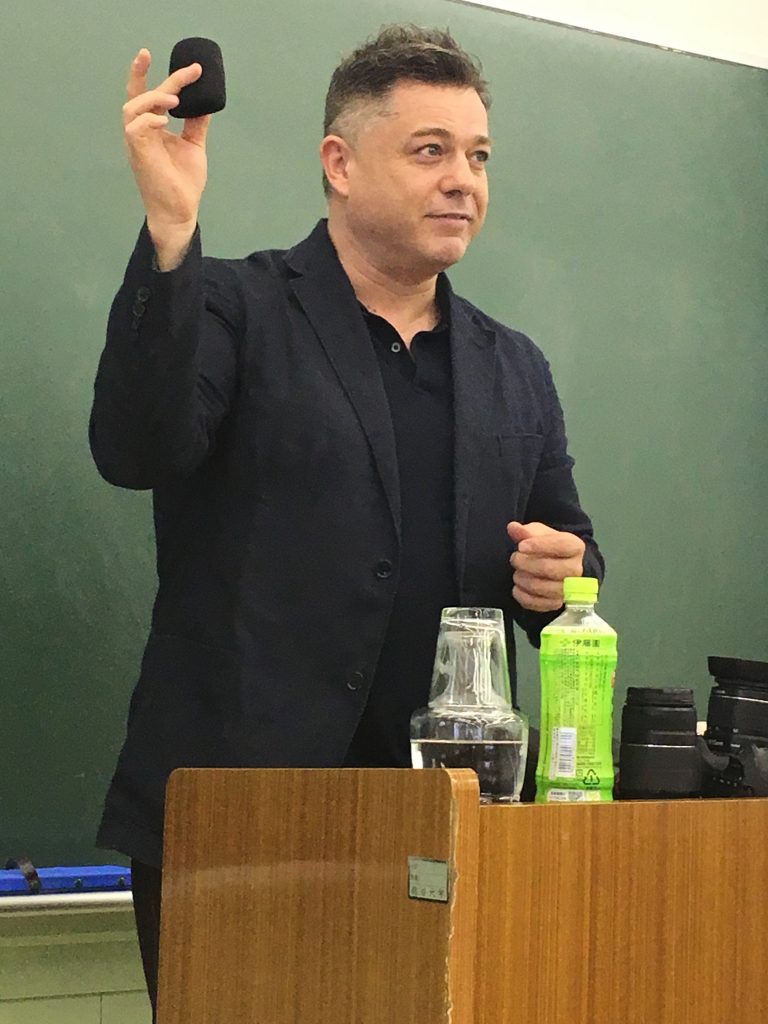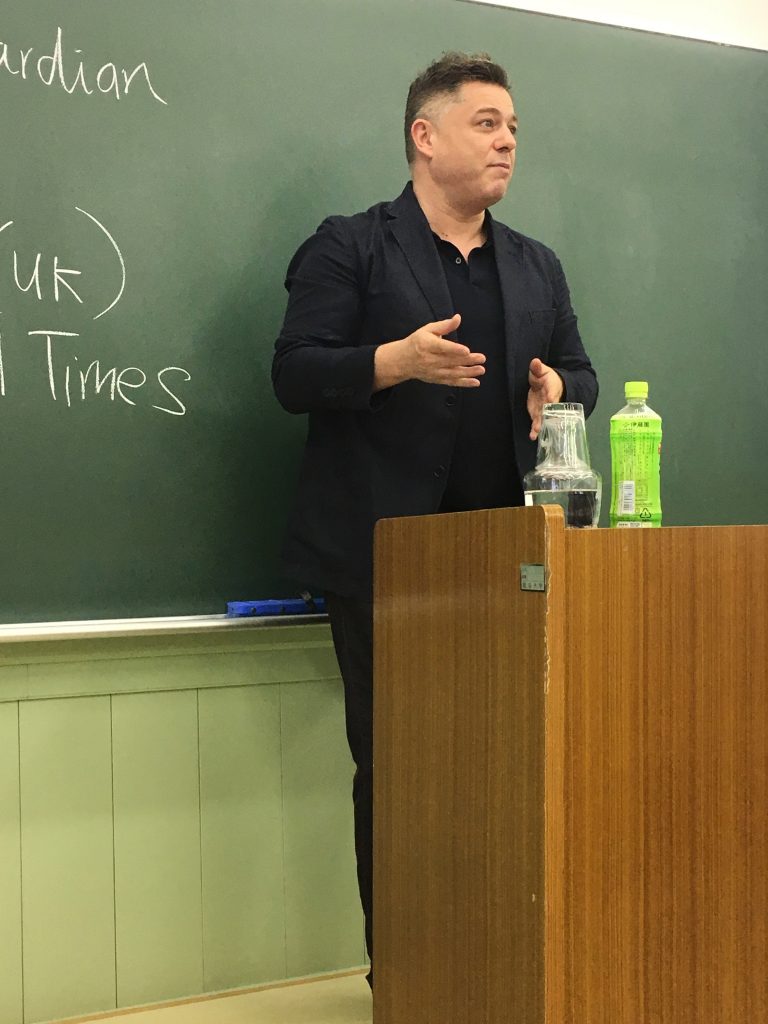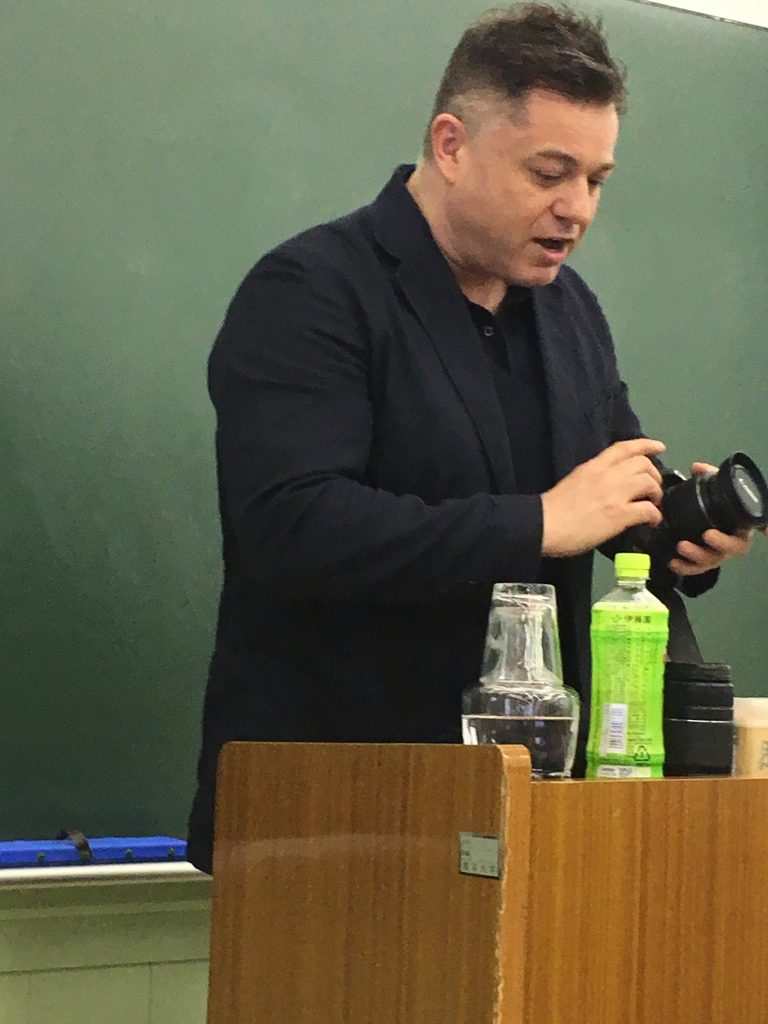

Justin McCurry is the Japan and Korea correspondent for The Guardian and Observer newspapers in London. As a foreign correspondent with more than 10 years’ experience, he has covered numerous news events, notably the March 2011 earthquake and tsunami, and the Fukushima nuclear disaster. Earlier this month he travelled to South Korea to write about increasing tensions over North Korea’s nuclear and ballistic missile programmes.
Bio
Justin McCurry read economics at the London School of Economics (LSE) and gained an MA in Japanese Studies from the School of Oriental and African Studies (SOAS), London University. He was a copy editor and reporter at the Daily Yomiuri in Osaka before moving to Tokyo to become a full-time foreign correspondent for The Guardian in late 2003. He also contributes to the Lancet medical journal in London and reports and narrates scripts on Asia-Pacific topics for France 24 TV.

